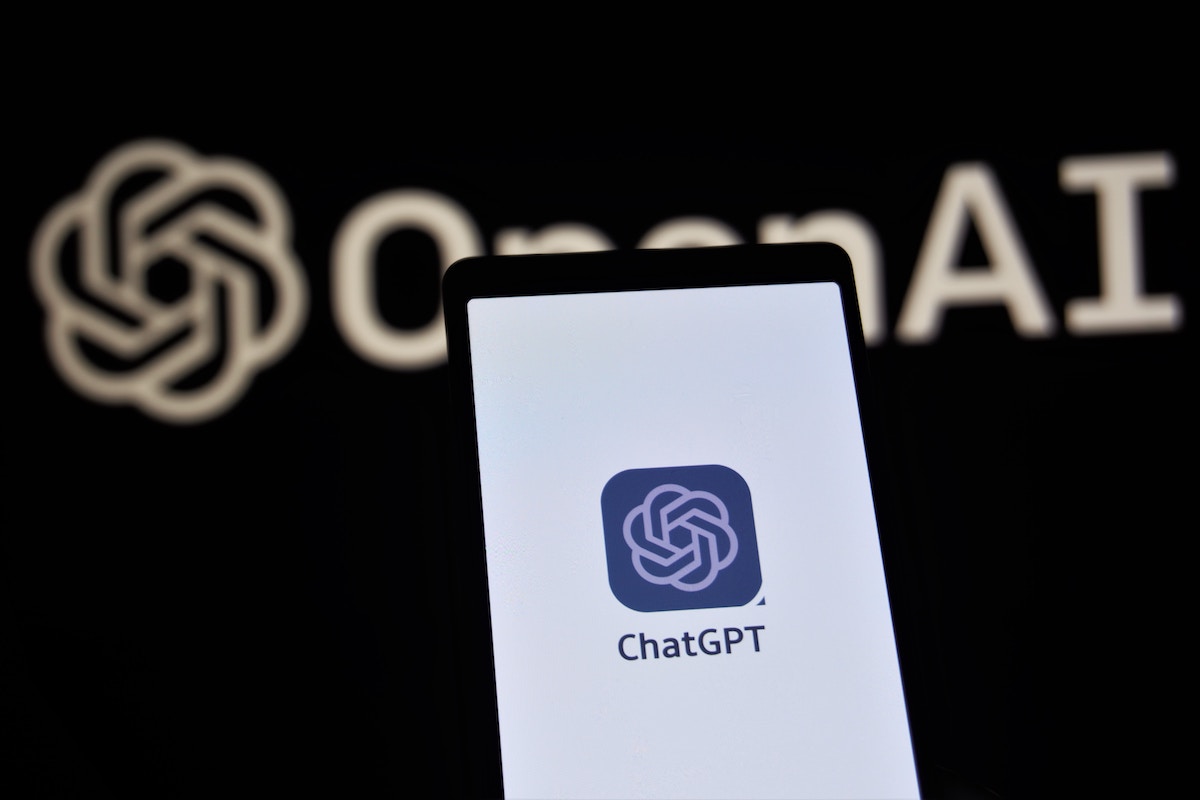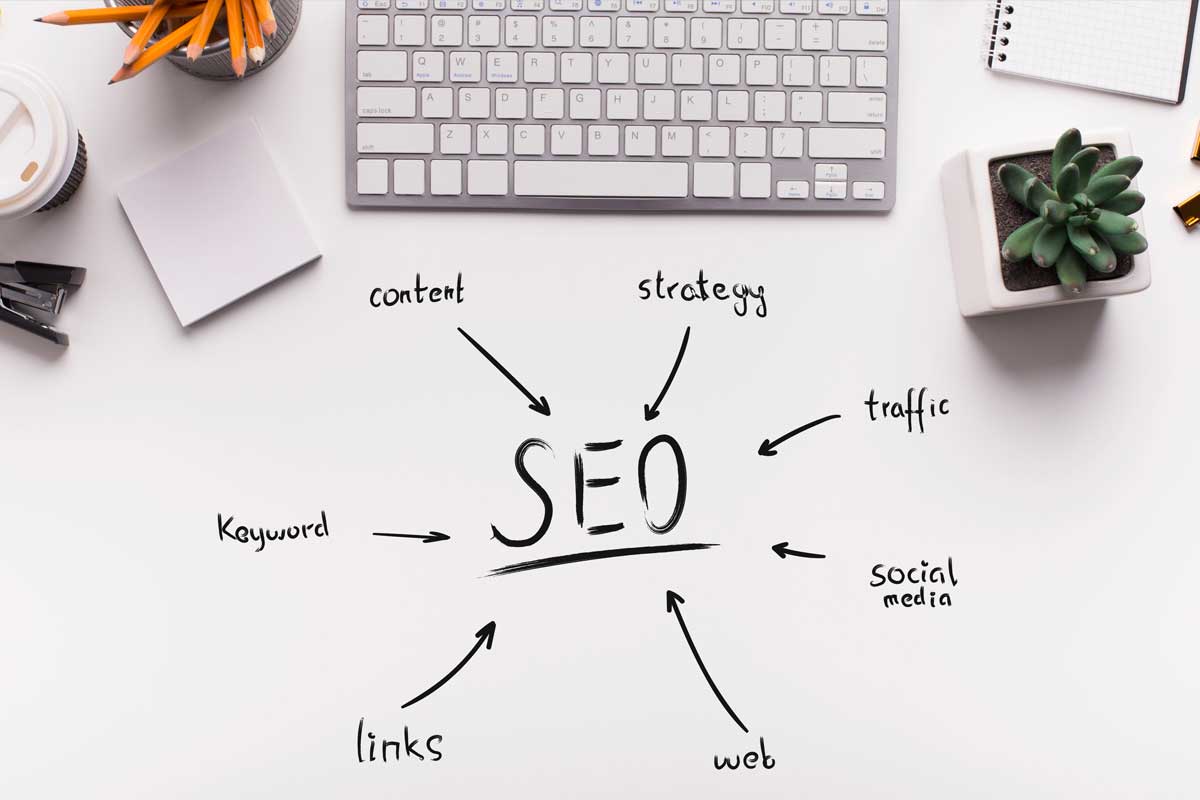Artificial intelligence (AI) has been a topic of discussion among marketing professionals, raising concerns about its potential impact on their roles.
However, as mighty as AI is, it lacks humans’ emotional intelligence, nuance, and intuition. The human touch is irreplaceable, especially in advertising, where the essence of a brand is conveyed not just by information but emotion.
Some pivotal examples include:
Understanding Brand Voice
AI can generate content, but can it capture the soul of a brand? The unique tone, the humor, the quirks? Brand voice is intrinsically human and reflects the personality of a brand. While AI can mimic based on patterns, the originality and authenticity of brand voice come from human creators.
Personalization
There’s a difference between AI-driven personalization and human-driven personal touches. Think of receiving a handwritten note versus an automated birthday email. Both are personalized, but one carries a warmth that machines cannot replicate.
While AI can provide data on consumer preferences and behavior, it cannot create personalized experiences that truly resonate with individuals. Personalization requires a human touch, which involves understanding each customer’s unique needs and preferences.
Typically, AI content lacks depth, soul, and the ability to tell a story that evokes an emotional response. It may be valuable for scheduling, data development, and list building, but it needs more original, thought-provoking creative content. Human marketers can create content that allows businesses to tell their stories in a way that resonates with their target audience.
Ethical Considerations
Decisions in advertising often require ethical considerations – what might be appropriate, what might offend, and the cultural nuances that should be considered. Machines lack this moral compass, making human intervention crucial.
Creativity
Creativity is fundamental to marketing, allowing brands to develop innovative campaigns and messaging that resonate with consumers. While AI can assist with data analysis and provide insights, it cannot replicate the human touch of crafting a creative concept that truly connects with people. AI cannot think differently and come up with original ideas that evoke emotions and capture the essence of a brand.
Great slogans and taglines demonstrate the power of human creativity. These ideas are born from a deep understanding of consumers’ hearts, minds, aspirations, fears, and dreams.
AI-generated content cannot tell captivating, differentiated stories that break through the clutter. It cannot replicate human marketers’ creative and strategic thinking to discover unique market angles and develop compelling storytelling strategies. Human marketers can think outside the box, understand nuance and context, and make intuitive leaps that machines cannot.
Understanding Human Behavior
Successful marketing campaigns require a deep understanding of human behavior, including needs, desires, and motivations. AI can provide data on consumer behavior, but it needs to comprehend the nuances of human emotion and psychology. Human marketers possess the empathy and emotional intelligence to create campaigns that truly resonate with individuals.
Influencer marketing, for example, relies on authentic connections and requires human influencers to build relationships with their followers. AI cannot replicate humans’ genuine connection and authenticity to influencer marketing efforts. The human touch makes influencer campaigns successful in creating trust and engagement.
PR and Relationship Building
Public relations (PR) is a craft built on relationships, trust, and authentic connections. While AI can automate certain PR tasks, such as media monitoring and basic research, it must maintain the human touch in building and nurturing relationships with clients, the media, and the public.
AI may be useful in generating press releases or media pitches, but it needs more creativity and strategic thinking than human PR professionals bring. Effective PR requires a deep understanding of the client’s goals, target audiences, and industry landscapes, something AI cannot replicate.
Where AI Shines
Efficiency and Scalability
While AI may not replace human marketers entirely, it can significantly enhance efficiency and scalability in marketing efforts. AI tools can automate repetitive tasks, such as data analysis, content generation, and social media scheduling, allowing marketers to focus on more strategic and creative aspects of their work.
AI-generated content can be valuable for simpler tasks like product descriptions, ad copy, and social media posts. It can produce a significant amount of content in a short amount of time, helping businesses scale their content creation efforts. AI can also help with language localization for various geographic areas, making it easier to reach global audiences.
Improving SEO
Search engine optimization (SEO) is crucial in digital marketing, helping businesses improve their visibility in search engine rankings. AI-powered tools can assist marketers in optimizing their content for SEO. These tools analyze thousands of online documents to identify keywords and suggest keyword usage throughout an article.
Marketers can improve their content’s search engine rankings by leveraging AI suggestions. However, AI-generated content still needs to follow guidelines of being authoritative, informative, and written by a person. AI tools cannot replace the human touch when creating content that truly engages and resonates with readers.
Overcoming Writer’s Block
Writer’s block is a common challenge for many content creators. AI tools can serve as writing assistants, helping writers overcome this hurdle. They can provide detailed outlines, key points, and even generate a few hundred words on a specific topic to get writers started.
AI tools can also assist with proofreading and grammar checks, ensuring that drafted articles are optimized. They can suggest headers and offer ideas for content angles, helping writers craft engaging and informative pieces. While AI tools can be valuable in overcoming writer’s block, it is still essential for human writers to be involved in the content creation process.
Technical B2B Content and Consultancy Work
In technical B2B marketing, AI can accelerate many tasks and creative projects. However, it still requires human experts to oversee technical content and messaging accuracy. Scientific and pharmaceutical sectors, for example, demand content that maintains credibility and adheres to regulatory standards.
Consultancy work, particularly in high-end, high-touch projects, requires human insights and experienced thinking. AI tools may provide data and insights but cannot replace human consultants’ expertise and nuanced approaches to client projects. Clients’ complex questions need the human touch to uncover deep insights and provide tailored solutions.
Automated Tasks
Routine tasks like scheduling posts, analyzing basic metrics, or even managing bids in digital advertising can be automated, freeing up time for creative teams to focus on what they do best – crafting compelling stories.
Chatbots and Customer Service
Many businesses now use AI-powered chatbots for instant customer response. These bots can handle many queries simultaneously, ensuring customers receive immediate attention.
Visual Recognition
AI can help analyze visual content online, providing insights into which visuals resonate most with audiences. This information can be pivotal in campaign planning.
Data Analysis and Insights
With the vast amount of data available today, making sense of it is a mammoth task. AI excels in analyzing large datasets and can uncover hidden patterns and trends that might escape the human eye. This can lead to insights about target audiences, preferred content types, and even potential market gaps.
Content Optimization
AI tools like predictive analytics can determine the best content based on historical data. This can be a muse for creative teams, offering them a clearer direction in their brainstorming sessions.
Personalization at Scale
AI algorithms can help segment audiences and tailor messages to specific groups or individuals, allowing for previously unthinkable personalization.
Collaboration Is Key
Integrating AI into marketing strategies requires a thoughtful approach, with marketers using AI to enhance their work rather than replace human efforts.
While AI has the potential to enhance marketing efforts by improving efficiency and scalability, it must maintain the unique skills and qualities that human marketers possess. Creativity, empathy, and the ability to tell engaging stories are essential elements AI cannot replicate.
AI should be seen as a collaborative partner rather than a replacement for human marketers in the ever-evolving marketing world. By leveraging the strengths of AI to automate repetitive tasks and gain data-driven insights, marketers can focus on their work’s strategic and creative aspects. Combining AI and human expertise can lead to more innovative, effective, and comprehensive marketing strategies. Embracing this collaborative approach will empower marketers to deliver exceptional results and create meaningful connections with their target audience.
If you want to explore working with an agency that understands the nuances of new technologies and their roles in marketing, contact us today so we can get started on your journey.







